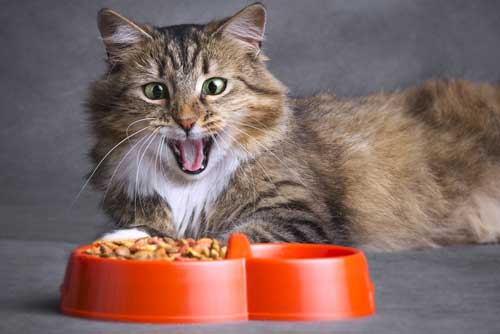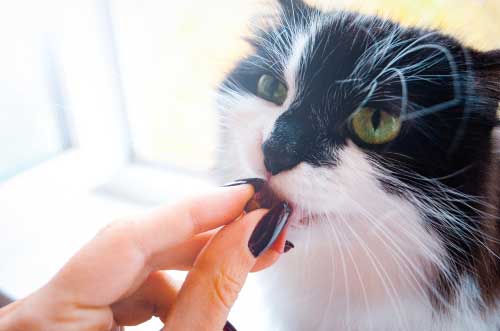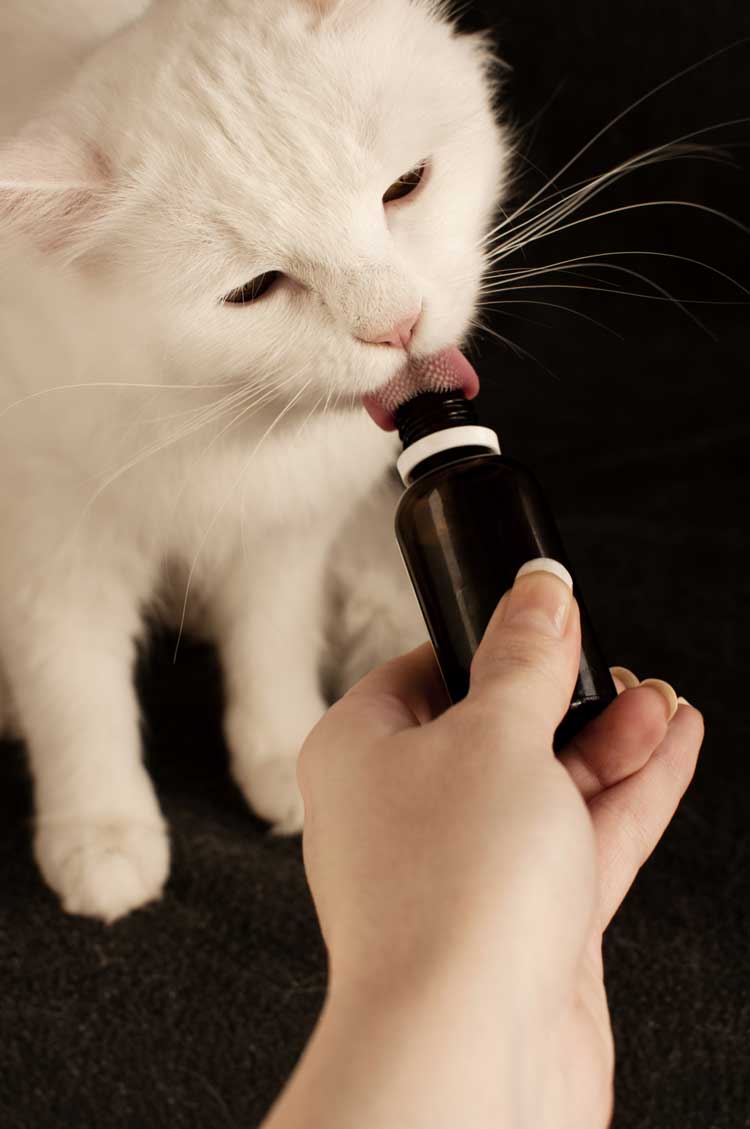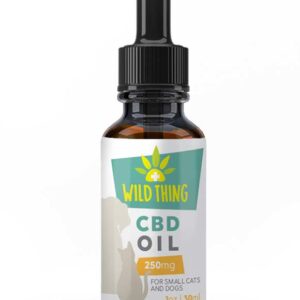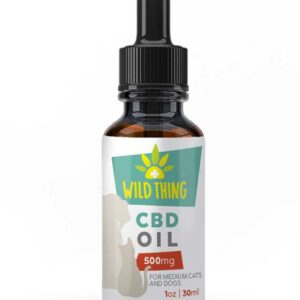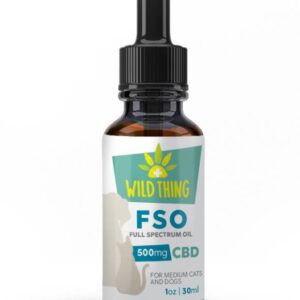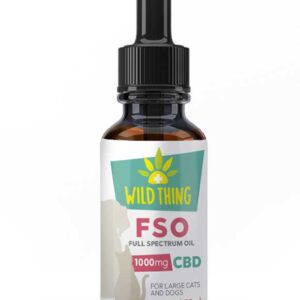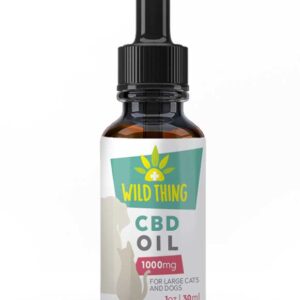Your cat needs food like a car needs fuel. If you have noticed your cat has gone a few days without eating anything, it could be the first sign of a serious issue
Although all pets refuse to eat from time to time, often due to illness, it can be more dangerous for cats. Fat reserves supply energy to animals when they don’t eat enough. Before the fat can be turned into energy it must first be processed by the liver. For this to work, there must be an adequate supply of protein.
As a result, cats that go through rapid weight loss, can develop a dangerous condition called hepatic lipidosis. This occurs when protein supplies are exhausted and ultimately the liver becomes overwhelmed by protein and this can lead to liver failure.
Ailment Guides:
Abdominal Pain In Dogs
Inflammatory Arthritis In Dogs
Feline Hyperesthesia
Feline Appetite Problems
What Causes Cats to Lose Their Appetite?
There could be many reasons your cat has decided to stop eating, usually it’s not because they are watching their weight. Here are some of the most common reasons your feline friend may be off the munchies:
Recent vaccination: If you have just had fluffy in for some shots, it could be the cause of her appetite loss. It’s could simply be an adverse reaction to the shots and is usually just a temporary and mild reaction that will pass.
Illness: Appetite loss is usually the first sign of illness in pets. We know their routines the best and when it changes suddenly it is usually cause for concern. Appetite loss could be caused by infections, intestinal problems and in more serious cases, cancer.
Travel: Removing a cat from their comfort zone, such as the couch and pillows around the house, to take them on a road trip can affect their stomach. As cats are creatures of habit, the change in environment may not sit well in their stomach. Combining this with the possible nausea from a moving vehicle, it could be to blame for the loss of appetite.
What Can You Do When Your Cat Loses Their Appetite?
Knowing that a refusal to eat could have very dangerous consequences for your cats, it’s important you address the issue the moment you notice it. If illness is not to blame for the loss of appetite, try mixing up their diet. Some cats might be more willing to eat some wet food out of a can over their regular dry food. Sometimes heating their food or adding to it some broth or fish oil may also entice them to chow down.
If illness is to blame you should consult your veterinarian to setup a regimen specifically for your cat’s situation. Options such as syringe-feeding your cat may be recommended depending on the severity of their situation.
Why CBD Can Be An Effective Treatment Preventative For Your Cat’s Appetite
CBD – or Cannabidiol – can be an effective remedy for upset stomachs, and can help to minimize the occurrence of appetite loss in cats.
Cannabidiol (CBD) can be very beneficial for maintaining your cat’s immune system, cardiovascular system and overall vitality. CBD helps to lessen the effects of lethargy, gastrointestinal issues and reduces anxiety, aggression and stress-related disorders.
Think of CBD as a supplement that can reduce the severity of feline nausea and vomiting by limiting the number of infections, tumors and gastrointestinal issues. It can be ingested, under the tongue, or applied topically to the affected areas. One of the most beneficial components of CBD is that it does not irritate the point of contact, nor does it cause any hallucinogenic effects. CBD has been shown to soothe inflammation in the GI tract, and can help to counteract the irritation, pain or discomfort affecting your cat’s stomach, gut or bowels.
Cannabidiol is a phytocannabinoid that has been shown to have a prominent effect on numerous ailments – including epilepsy, arthritis and cancer. Remedies containing CBD achieve this by interacting with your pet’s endocannabinoid system. Almost all animals, like people, have an endocannabinoid system; this network of neurotransmitters is integral to physiological processes like memory, mood, pain, stress and appetite.
CBD can help your pet by producing anti-inflammatory, anti-anxiety, antipsychotic, antispasmodic and analgesic effects indirectly – that is, CBD interacts with a cat’s ECS (Endocannabinoid System) opposite to THC which directly binds to the Cannabinoid Receptors of the body. This does two things: makes the positive remedial properties more bioavailable to your cat; and lessens or negates the psychoactive effects, such as those associated with THC ingestion.
As you can see by the scope of ailments that are affected by CBD, it is clear how introducing CBD into your cat’s routine can benefit their internal system.
Ailment Guides:
Common Digestive Problems In Cats
Panic Attacks In Dogs
Feline Dermatitis

